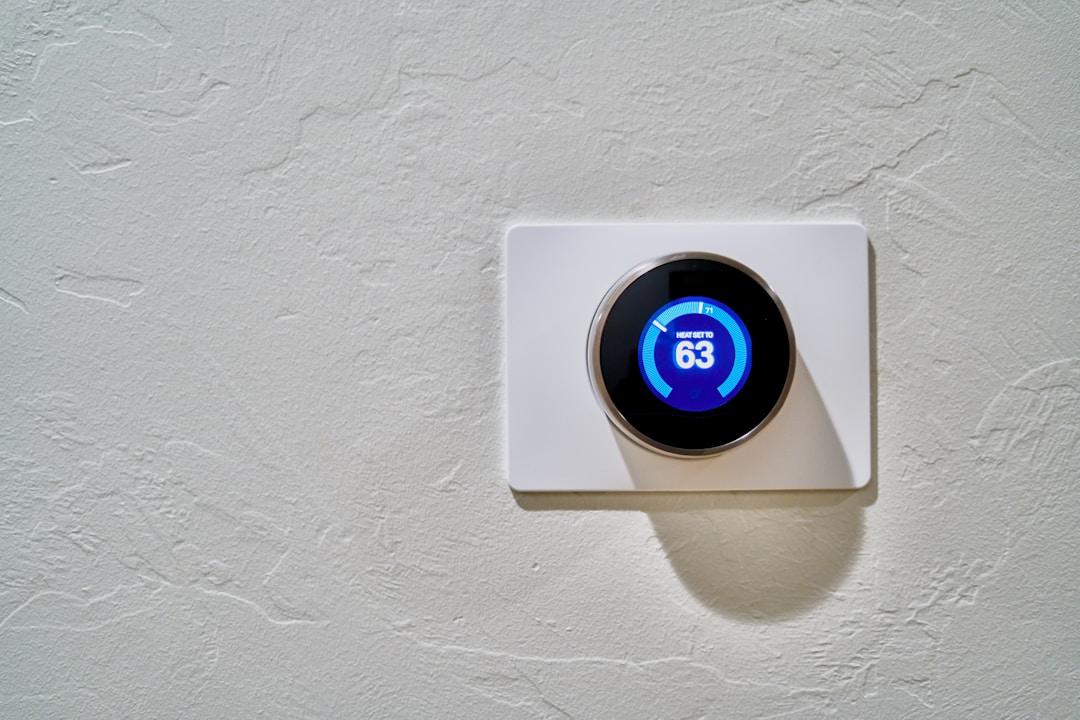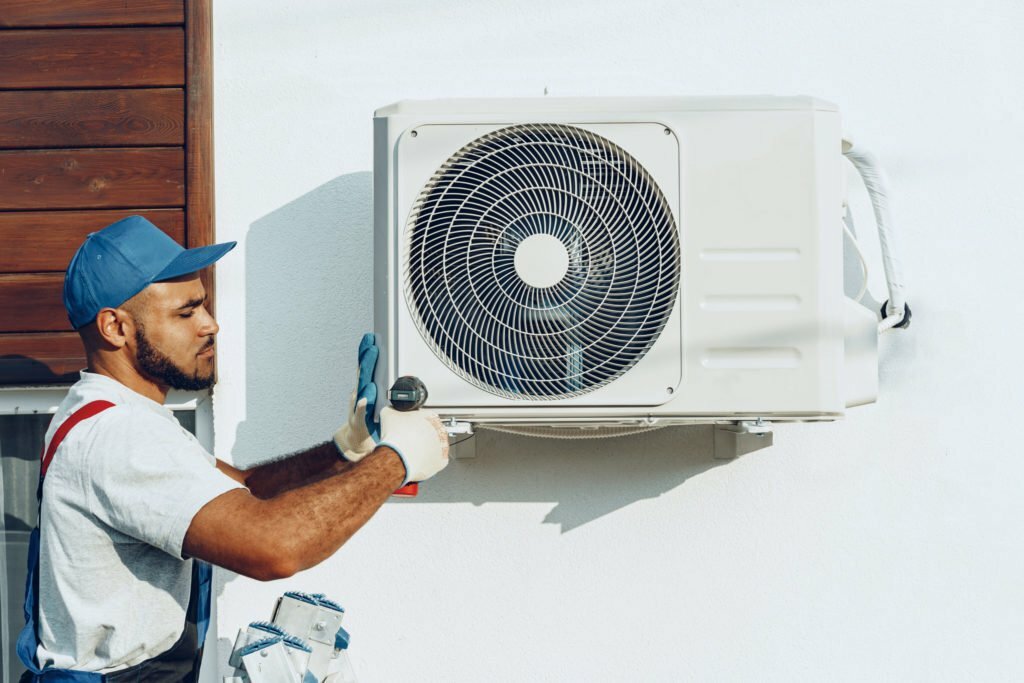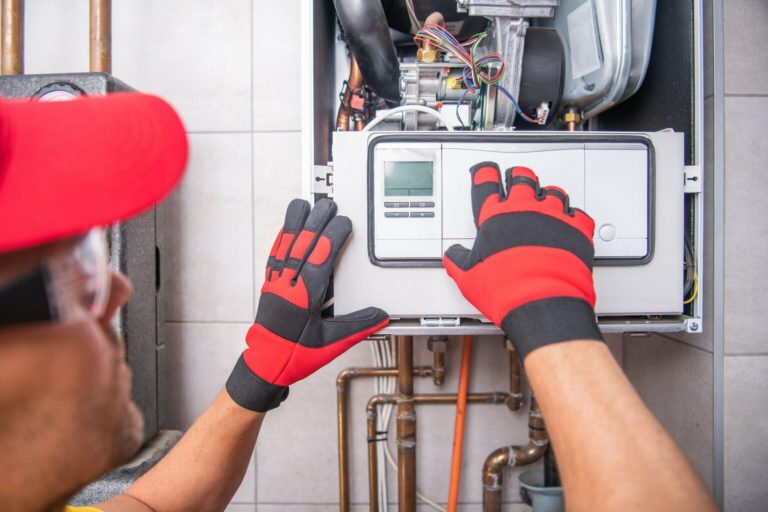In areas where summer temperatures and humidity are extremely high, a functioning AC unit is a necessity. As a complex system, your AC unit relies on several components to deliver consistently cool temperatures. When the summer heat starts to climb, you want to know that the components of your air conditioner are going to perform at their very best.
With regular preventive maintenance, you can ensure that your AC system continues to supply your home with cold air. While your air conditioner should last around 20 years, it may go much longer with proper care. However, even with great care, your system will occasionally experience some failures. From fan motors to capacitors, the different components of your system will not last forever. One key part of your system that may eventually need attention is your AC compressor.
The compressor is responsible for heat-transfer functions that bring the cooled and conditioned air into the different areas in your home. It is the component that circulates the refrigerant through your unit and allows it to produce cold air. The refrigerant cycles from gas to liquid and then back again. The AC compressor turns the refrigerant into a high-temperature gas. The gas then passes through the condenser and turns into a cool liquid. The liquid refrigerant passes through the evaporator coils and turns back into a gas. The process happens repeatedly and releases the hot air outside and pumps the cool air into your house. Without the AC compressor, the entire process is inhibited.
On average, your AC compressor may only last 10 to 15 years. If you are experiencing issues with your system blowing warm air, it may be time for an AC compressor replacement. Let’s look at some signs that you may need a new compressor.
Inconsistent Temperatures

There are many reasons why your AC might be short cycling or not producing enough cool air. One issue that you should investigate, however, is a failing compressor. If you notice that the air conditioner is not cooling your home to the desired temperature set on your thermostat but the fan is working properly, you could have a compressor problem. You can walk outside and listen to your outdoor unit. The compressor should be audible over the fan. If the compressor isn’t turning on, a qualified technician needs to take a look to determine if you need a replacement.
Growling or Screeching Noise
Electrical failures in the compressor will cause your AC unit to make unusual noises. If your unit is vibrating and making loud noises, it could be a sign of problems with your compressor. If the noise and vibrations are especially evident when the unit starts, it could mean that the compressor is having difficulties starting. This is a good indicator that the compressor is about to fail. If you notice loud noises and vibrations from your AC unit, you should call an HVAC technician to evaluate your air conditioner compressor.
No Hot Air Release

When your compressor is working correctly, it takes the hot air from inside the house and releases it outdoors. If you hold your hand near the fan on top of your outdoor unit, you should feel hot air blowing out. If the air is cool or even lukewarm, it could signify that your compressor is having issues. If the air isn’t hot, your unit is not compressing the gas correctly. This could be the result of a refrigerant leak or a bad compressor. An HVAC mechanic will be able to diagnose the problem quickly.
Without a properly functioning compressor, your air conditioning cannot do its job effectively. If your compressor stops working, you will have to find other ways to stay cool until the problem is fixed. The easiest way to prevent issues and catch compressor problems early is to have regular annual AC maintenance performed by a professional.





